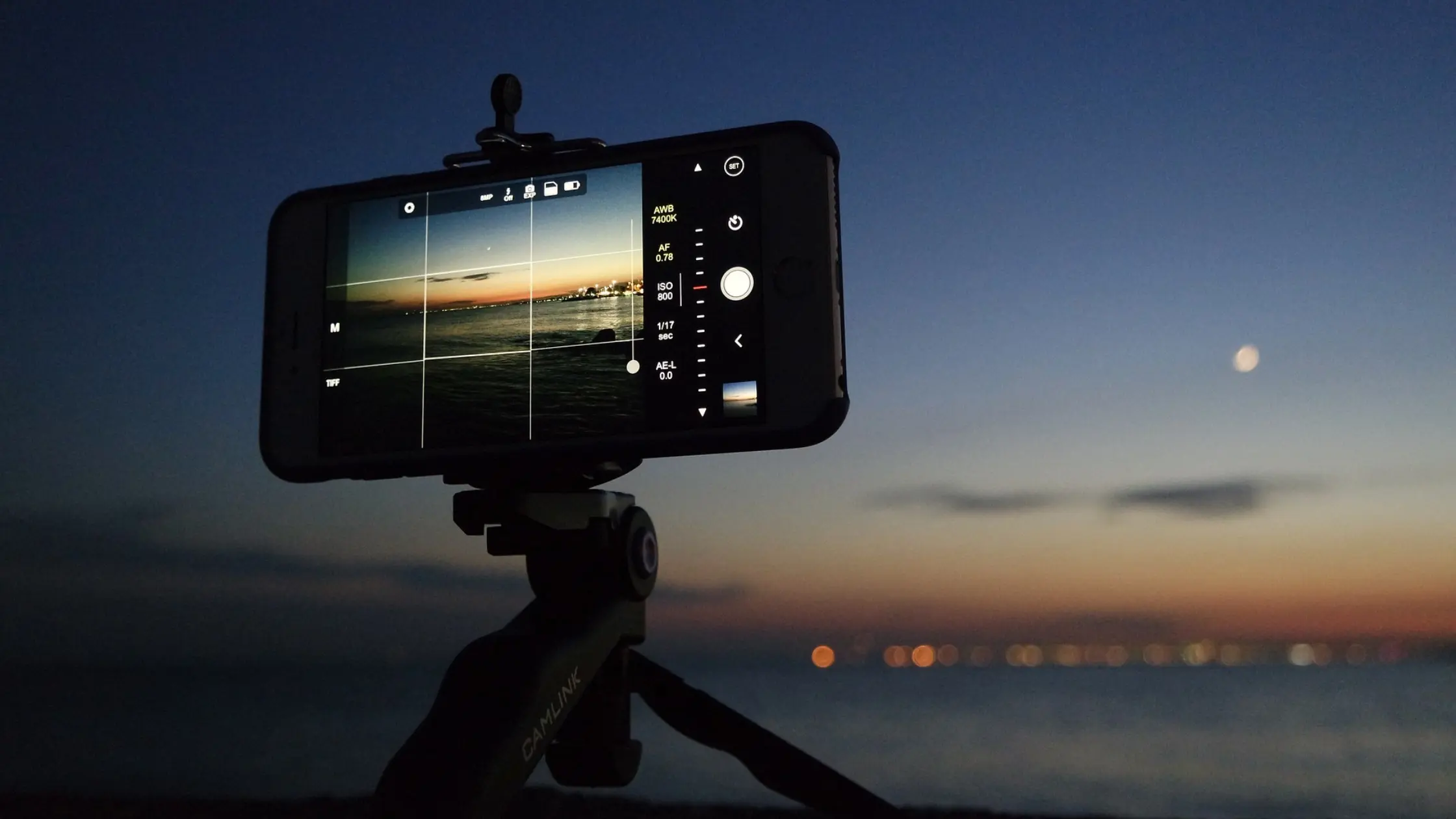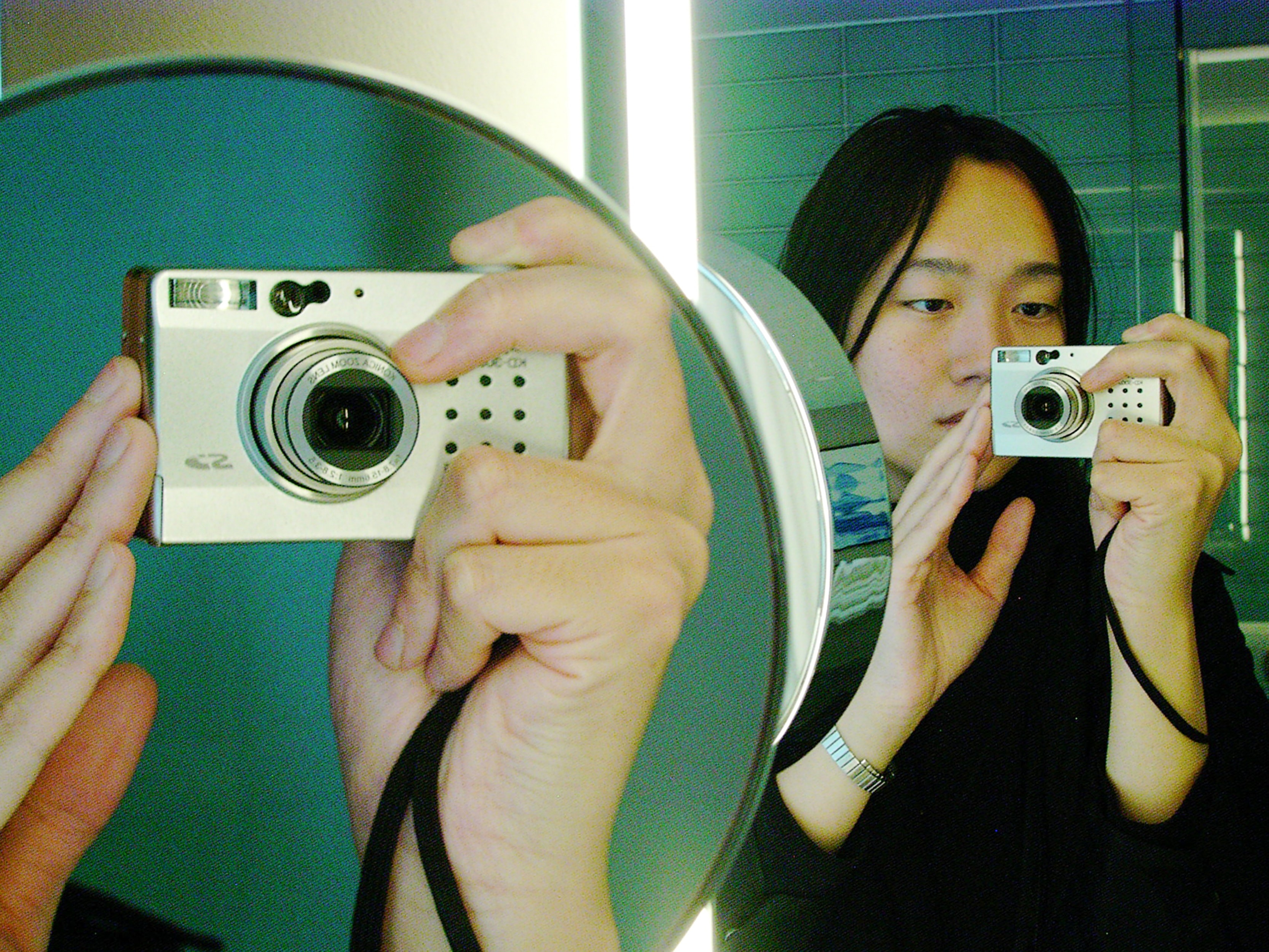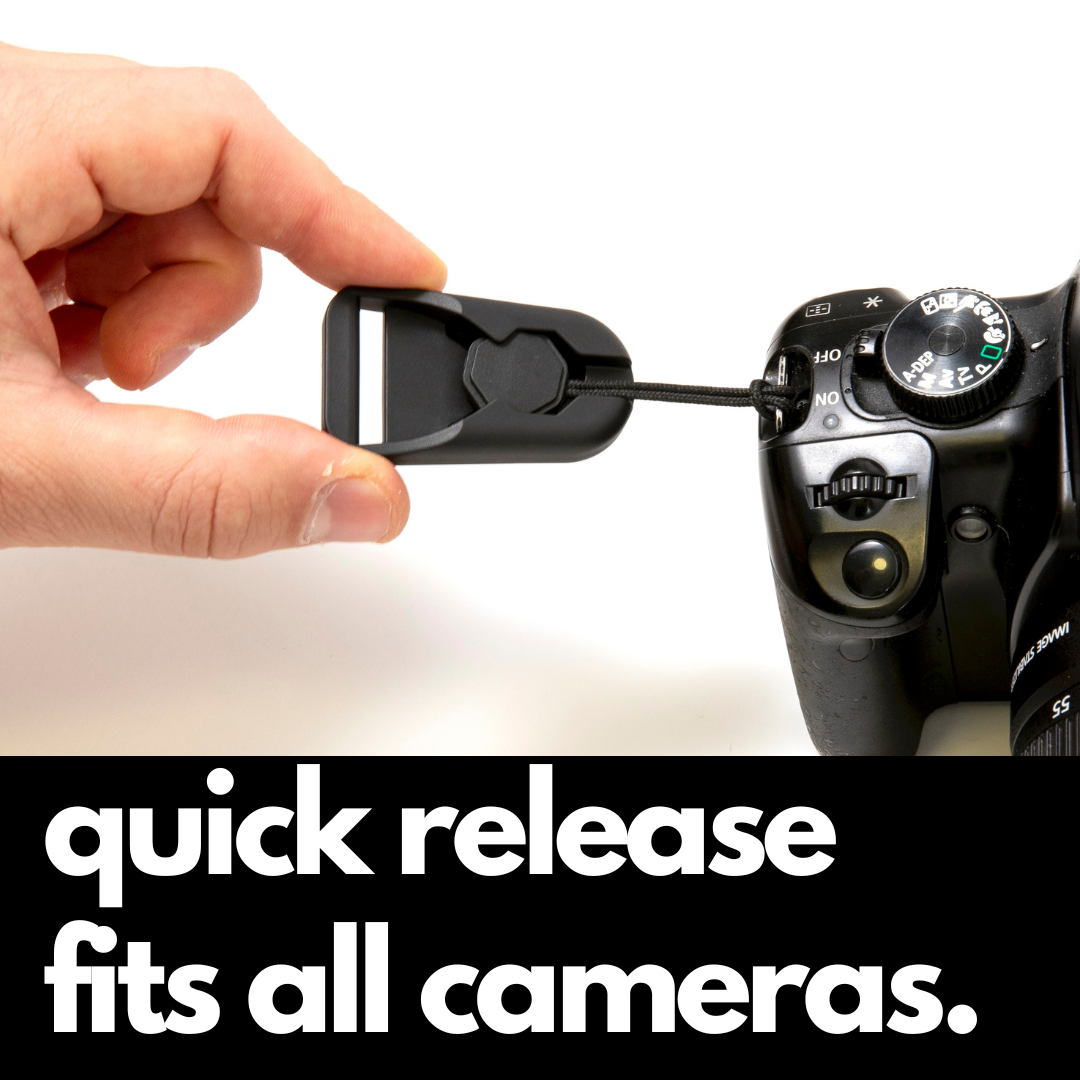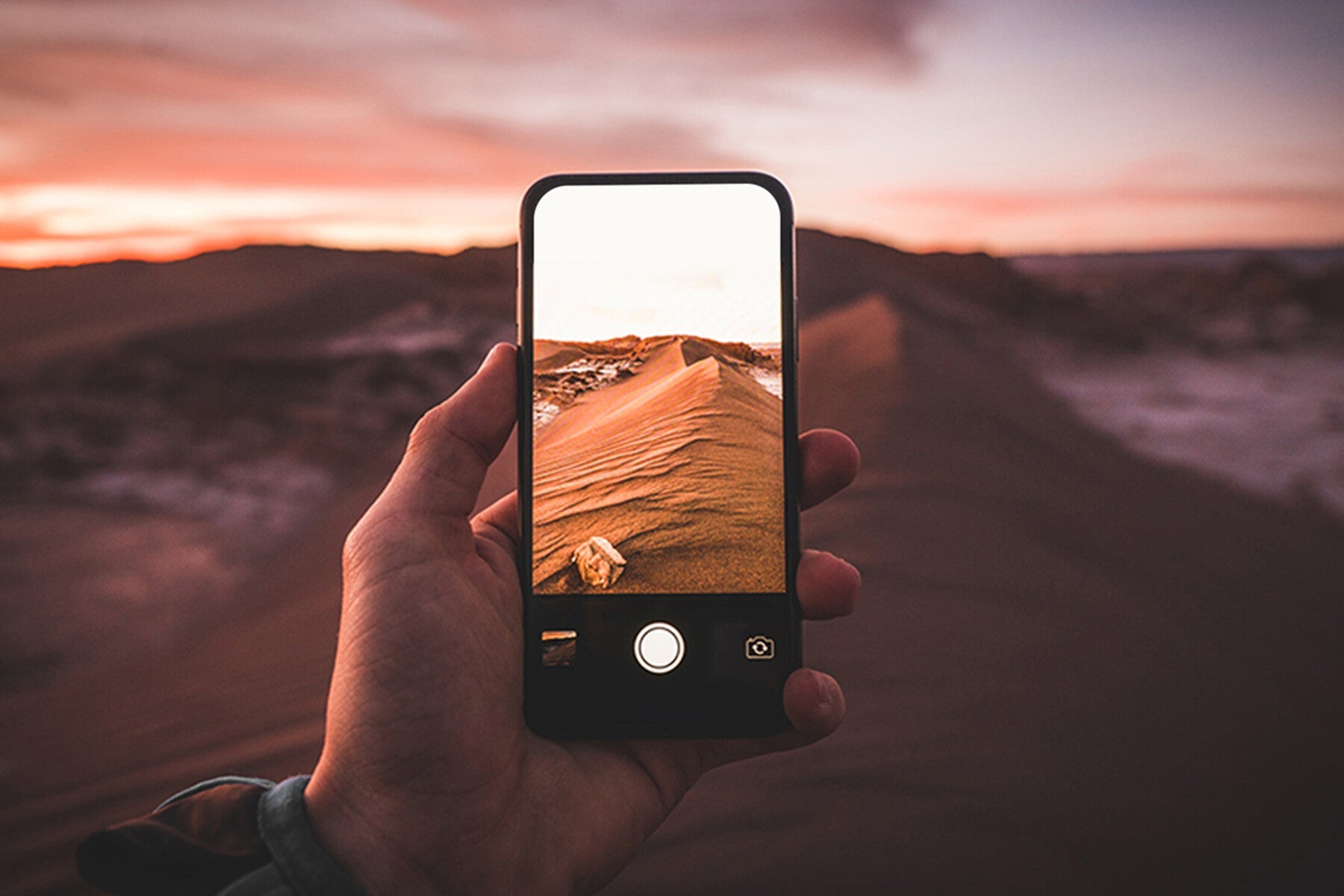Exploring Newer and Advanced Camera Technologies in Photography 2025
In the fast-evolving world of technology, photography has not been left behind. As we approach 2025, smartphone cameras with ultra-large sensors, periscope lenses, and AI-driven computational photography are transforming the landscape of mobile photography and videography. These advancements offer photographers unprecedented capabilities, fulfilling a dream of capturing professional-quality images with the convenience of a handheld device. This article delves into these cutting-edge technologies and what they mean for the future of photography.
The Rise of Smartphone Photography
Smartphone cameras have progressed significantly beyond their early roles as simplistic point-and-shoot devices. From their initial introduction, they have steadily evolved into formidable tools for photographers, rivaling the quality of many traditional cameras. Today’s smartphones leverage advancements in lens technology, sensor size, and AI integration to deliver images with stunning clarity and detail.

Key Advancements in Smartphone Camera Technologies
Ultra-Large Sensors
The introduction of ultra-large sensors in smartphones is a pivotal advancement. These sensors capture more light, resulting in better performance in low-light conditions and enhancing dynamic range. This means users can take sharper images with richer details, even in challenging lighting environments.
For instance, devices like the Sony Xperia 1 V and Xiaomi Mi 12 Ultra feature sensors nearly as large as those found in professional DSLR cameras, allowing them to produce images with remarkable detail and clarity.

Periscope Lenses
Periscope lenses are another groundbreaking innovation, offering photographers impressive zoom capabilities previously unattainable in compact devices. By using a prism to extend the light path within the phone, these lenses allow for greater optical zoom without the bulk of traditional zoom lenses. This feature is ideal for capturing distant subjects with clarity, whether you’re on a safari or attending a concert.
For example, the Samsung Galaxy S25 Ultra and Huawei P60 Pro feature periscope lenses that offer up to 20x optical zoom, a significant improvement over previous generations of smartphones.

AI-Driven Computational Photography
AI-driven computational photography integrates sophisticated algorithms into the photography process, automating adjustments like setting exposure, contrast, and focus to enhance image quality. AI also assists in scene recognition, optimizing camera settings based on the detected environment to produce the best possible photo. These capabilities make it easier for photographers to capture professional-quality images without extensive manual adjustments.

Advantages of AI in Photography and Videography
AI-Powered Night Mode
AI technology has significantly improved nighttime and low-light photography. AI-powered night modes combine multiple exposures and utilize smart algorithms to reduce noise and enhance details, producing clearer images without artificial lighting.
![]()
AI-Driven Video Enhancements
AI is also making waves in videography. Technologies like real-time stabilization, auto-tracking, and focus adjustments are now implemented in smartphones, allowing for smoother and more professional-quality video recording. AI-driven slow-motion and cinematic effects enable dynamic transitions, enhancing the storytelling capabilities of even amateur videographers.

Future Prospects for Mobile Photography
Looking ahead, the potential for further advancements in mobile photography is vast. Under-display cameras, augmented reality (AR), 3D photography, and advanced optical zoom methods like improved periscope lenses are on the horizon, promising even greater creative possibilities. With technologies like 5G and cloud integration, the future of smartphone photography will likely include seamless high-resolution image sharing and advanced editing capabilities from virtually anywhere.
Why These Technologies Matter for Photographers
For photographers, these advancements represent an exciting opportunity to explore new creative avenues. With smartphones increasingly capable of professional-level photography and videography, photographers can push the boundaries of their art in new, mobile-friendly ways. This transformation aligns with the mission of brands like Camstrap, which provide innovative camera straps that offer comfort and mobility to photographers who embrace the outdoors. As cameras become more advanced, having the right support gear is essential, ensuring that technology doesn’t just enhance photography but also simplifies the workflow.

The Role of Camstrap in Supporting Mobile Photographers
As photographers embrace these advanced technologies, brands like Camstrap are crucial in providing the support systems necessary to manage sophisticated gear comfortably and effectively in the field. With products designed for hands-free convenience and quick access—such as the Camstrap Explorer and Camstrap Voyager—Camstrap ensures photographers have everything they need to focus on capturing stunning images without compromise.
- Camstrap Explorer: Ideal for professional-grade cameras, offering a wider strap, a magnetic lens cap clip (MagClip), and a built-in microfiber lens cleaning cloth.
- Camstrap Voyager: Perfect for lighter, more casual setups, ensuring all-day comfort and ease of mobility.

Conclusion
The advancements in smartphone camera technology are reshaping the photography landscape, democratizing the ability to capture stunning, professional-quality images and videos. With these innovations, photographers can explore and redefine their creativity. Keep pace with these technological developments and ensure your photography gear supports your artistic vision. Consider exploring Camstrap to enhance your photographic experience with products designed for mobility and convenience.
Stay updated with these technologies and equip yourself with the best tools. Embrace the future of photography and explore new horizons!





